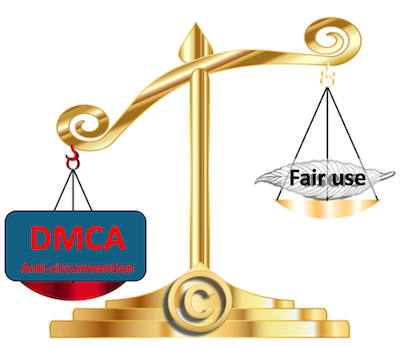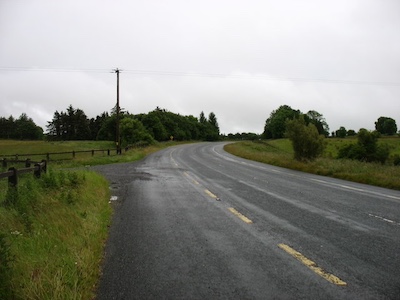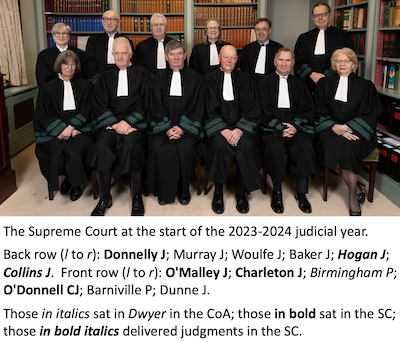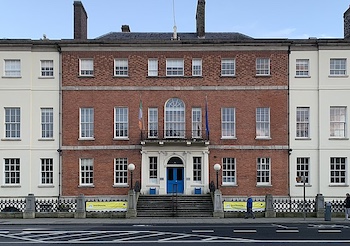 In a previous post, I examined the judgment of Roy J in the the Federal Court of Canada in 1395804 Ontario Ltd (Blacklock’s Reporter) v Canada (Attorney General) 2024 FC 829 (CanLII) (31 May 2024) [Blacklock’s Reporter], effectively holding that technological protection measures cannot defeat users seeking to rely on the exceptions provided in the copyright legislation. And I put it in the context of sections 370, 374 and 376 of the Copyright and Related Rights Act, 2000 (hereafter: CRRA), and of section 377 CRRA (as inserted by section 38 of the Copyright and Other Intellectual Property Law Provisions Act 2019.
In a previous post, I examined the judgment of Roy J in the the Federal Court of Canada in 1395804 Ontario Ltd (Blacklock’s Reporter) v Canada (Attorney General) 2024 FC 829 (CanLII) (31 May 2024) [Blacklock’s Reporter], effectively holding that technological protection measures cannot defeat users seeking to rely on the exceptions provided in the copyright legislation. And I put it in the context of sections 370, 374 and 376 of the Copyright and Related Rights Act, 2000 (hereafter: CRRA), and of section 377 CRRA (as inserted by section 38 of the Copyright and Other Intellectual Property Law Provisions Act 2019.
There have been subsequent relevant developments, in Canada and the US, and I want to look at those developments in this post. In particular, the US development – inevitably – adds the First Amendment to the mix, which in turn raises questions about whether there are similar constitutional issues in Canada and Ireland.
First, Canada. Barry Sookman argues that the case is riddled with mistakes, that many of its findings are open to significant doubt, and that it cries out for appellate review. In reply, Howard Knoff, argues that Sookman’s arguments are against a straw man.…







